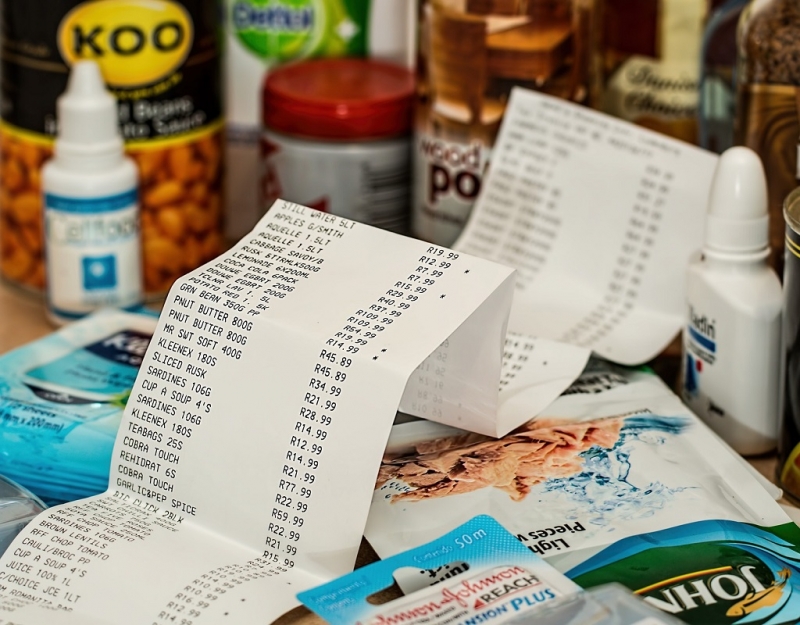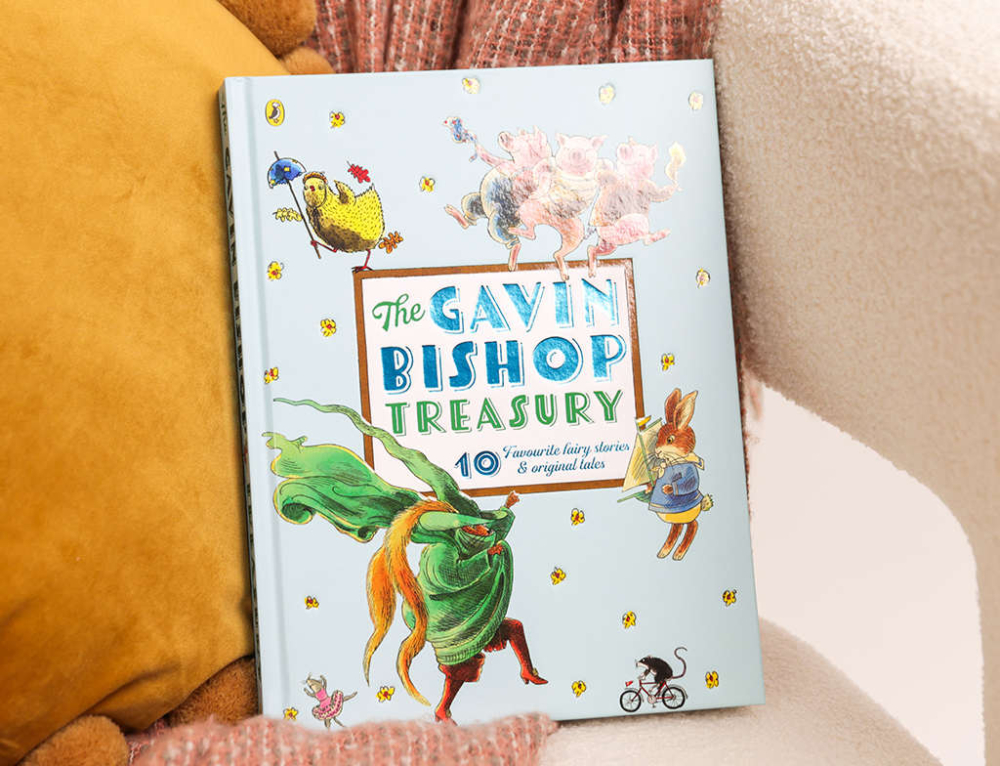Are you brilliant at budgeting when it comes to supermarket shopping? With so much choice these days including large supermarket chains, independent stores, markets, online shopping and food delivery, there is a lot of scope for New Zealand families to find the most cost effective options to keep the grocery bills in check. Alan Dooley, Choice author of Recession-Proof Your Finances, offers these ten savvy supermarket tips:
1. Bigger isn’t always better
Every mum knows that buying huge boxes of nappies and wipes works out cheaper than buying small packs doesn’t it? Not always, as Alan says bigger packet size doesn’t always equal better value for money. Supermarkets know that we assume bigger quantities of items such as breakfast cereals and tinned items are better value. But it’s not always the case, he says, explaining that Choice research found that the larger tin or packet isn’t always cheaper per kilogram. So, instead of automatically reaching for the biggest packet of Huggies, check the unit pricing (the price per nappy or kilo, listed next to the RRP on the shelf) to discover the true saving.
2. Beat supermarket tricks
Did you know that, while you slowly peruse the aisles looking for something yummy for dinner, supermarkets employ every trick in the book to get you to spend more? Keep your purse strings shut by knowing these psychological tricks:
- Items that the supermarkets want us to buy are placed at eye level, while better value items may be placed above or below.
- Supermarkets place complimentary goods beside each other, such as biscuits near the coffee and tea. It’s a subliminal message to buy both.
- Staples such as milk and butter are often at different ends of the shop compared to other essentials like bread, increasing the chances we’ll fill our trolleys with non-essentials such as soft drinks and chips en route.
- Specials and ‘3 for the price of 2’ type offers may not be as good value as other items, or used as a way to encourage us to buy more than we need.
- Watch for ‘less than specials’ where the item discounted, or on special, isn’t as good value as other items.
3. Don’t shop too often
Studies have shown that the more often we shop (dropping in every few days with a small basket instead of one big shop each week), the more we spend on unplanned purchases.
4. Watch where you shop
Alan confirms what many of us know, one supermarket in particular cuts costs more then others.
5. Know your weaknesses
To keep your shopping bill in check, Alan recommends bringing a list and sticking to it, plus never shopping when you’re hungry. That’s along with, ahem, leaving the littlies at home. This might not always be possible or practical, but can you leave the kids at home? There’s less chance of being harassed into purchasing sweets, sugary cereals, toys and other items you don’t need. Otherwise, at least devise a good way of saying no’!
6. Look out for errors
Make sure you keep an eye on the numbers being totted up at the cash register. If the supermarket slips up and the price charged at the checkout is greater than the price on the label, query it. You may be able to get the item for the lower amount or even less, depending on the store’s pricing policy.
7. Don’t be loyal to loyalty cards
While supermarket loyalty cards keep you coming back, they sometimes prevent you from shopping cost-effectively. Really, the rewards are often minimal, reveals Alan. They shouldn’t dictate where you shop, particularly when cheaper shops are available. It’s similar to petrol discount vouchers sometimes they create a false economy are you really saving money if you drive miles out of your way to save a few cents per litre?
8. Protect your privacy
Supermarkets use loyalty cards to collate your personal details to further hone their marketing tactics. Supermarkets use loyalty cards to track individuals spending habits, enabling them to create large databases of information that are used to direct market to customers with specific offers, says Alan. It’s called data mining. Arguably the retailer is getting more value from these arrangements than the individual shopper.
9. Buy unpackaged food
Ian Jarratt (Queensland Consumers Association) found that buying unpackaged food often works out cheaper, as it comes without the layers of plastic and cardboard. His research found that a small piece of ham sliced at home cost around half the price of pre-sliced packaged ham and chicken breasts were third less when bought loose at the deli. Packaged items are often more expensive, confirms Alan.
10. Know the best days to shop
The two days for the cheapest supermarket prices are Mondays and Thursdays, according to retail consultancy The Bailey Group. They found that stores often offer specials on staples such as toilet paper, nappies and laundry powder on Mondays to tempt shoppers into the store. A second round of specials happens each Thursday, with meat and fresh produce mark-downs often taking place on Friday. Then drop by on any weekday evening and you should see cut-price yoghurts, fruit and bread. Perishable items are more likely to be discounted towards the end of the shopping day, as supermarkets mark down stock to get it off their shelves, adds Alan.
Read more on Kidspot:







I get suckered by the specials like 3 for specials etc. I’ve also learned my lesson not grocery shop when hungry. And didn’t know about Mondays and Thursdays were the better days to shop. I thought the promo prices and such usually run for the whole week right?
I always write a list and stick to it! With one income and four kids at home we need to be careful with our spending so I plan the weeks meals, check mailers and websites for specials, and try to shop early in the morning when my local supermarket has all of the reduced foods out. I make most things from scratch, buying ingredients rather than processed foods.
As a single mum, who loves yummy food, making sure I get the best deals on things is super important. I check the unit price for most things (although there a some brands I won’t compromise on) I also make sure I do my shopping once miss 4 has been dropped at kindy. I did have to do a last minute Christmas Eve shop the other day though and I actually had to leave her and walk away from my trolley for a minute or so though, because she was driving me insane haha “I want this! Can we get that? What’s those?” Haha.
I’m also lucky enough to be on maternity leave at the moment, so every week I find out who has the best prices on the things I need and I am able to go to all 3 super markets each week to get the deals. It definitely makes a difference. I go back to work next month though so will probably have to just stick to the one store although if one has an awesome special on a certain product we use a lot of, I will probably be able to do a quick shop there too.
We have loyalty cards for NW and Countdown. My hubby is stay-at-home Dad and also the cook in the family (I work full time), so he goes to the market almost everyday and gets all the reduced food items, so we get some really good stuff for some great prices all the time 🙂 He also knows the days and times to get the best prices hehe
Definitely agree with the bigger is not always better value and not shopping too often. I also find on-line shopping helpful when trying to stick to a budget.
I try not to shop when I’m hungry otherwise I will buy all of the snack aisle. However, my best tip for saving money is not sending my husband who likes to bulk buy things and buys more of the snack aisle than I 😂 I’m not too worried about data mining.